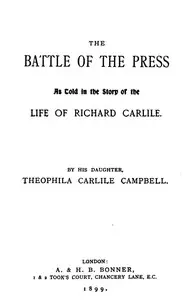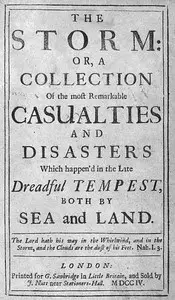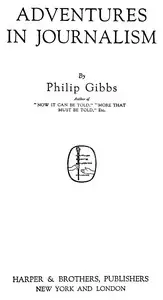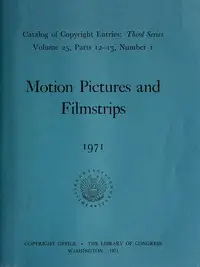"A Vindication of the Press" by Daniel Defoe is an early 18th-century writing that champions the freedom and importance of the press, while also questioning the rising trend of literary critique. It argues that writing is crucial for protecting people's freedoms and preventing oppression, all while addressing criticism of writers at the time. The writing is broken into three main ideas. First, it argues that writing is needed to grow knowledge and religion, highlighting its importance to both government and intellectual work. Then, it critiques criticism, worrying about the way mean reviews can stop new writers and create jealousy on the part of established authors. Defoe also talks about what makes a good author, pointing out the value of talent over education. Overall, it supports working writers, acknowledging that they must create works to live and highlighting the press' job in encouraging open discussion.

A Vindication of the Press
By Daniel Defoe
In a time of growing literary critique, this writing makes a case for the necessity of free expression, the value of writers, and the vital role of the press in society.
Summary
About the AuthorDaniel Defoe was an English novelist, journalist, merchant, pamphleteer and spy. He is most famous for his novel Robinson Crusoe, published in 1719, which is claimed to be second only to the Bible in its number of translations. He has been seen as one of the earliest proponents of the English novel, and helped to popularise the form in Britain with others such as Aphra Behn and Samuel Richardson. Defoe wrote many political tracts, was often in trouble with the authorities, and spent a period in prison. Intellectuals and political leaders paid attention to his fresh ideas and sometimes consulted him.
Daniel Defoe was an English novelist, journalist, merchant, pamphleteer and spy. He is most famous for his novel Robinson Crusoe, published in 1719, which is claimed to be second only to the Bible in its number of translations. He has been seen as one of the earliest proponents of the English novel, and helped to popularise the form in Britain with others such as Aphra Behn and Samuel Richardson. Defoe wrote many political tracts, was often in trouble with the authorities, and spent a period in prison. Intellectuals and political leaders paid attention to his fresh ideas and sometimes consulted him.



















